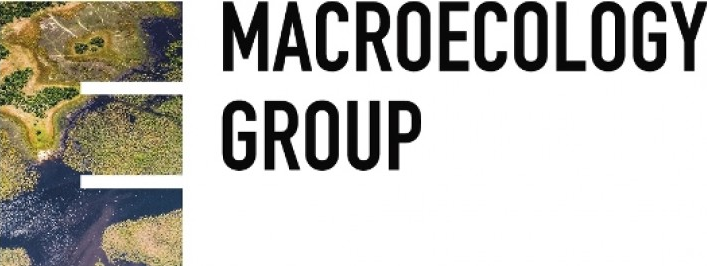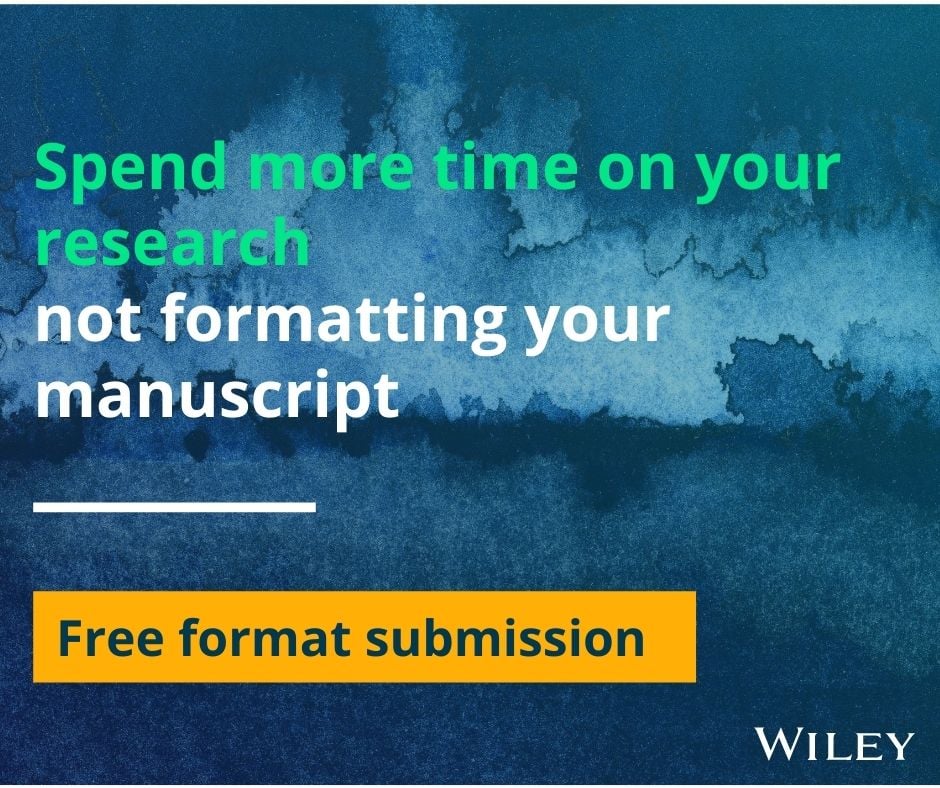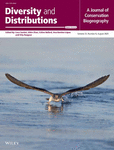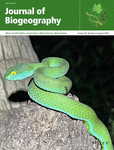Editorial Board
Editors-in-Chief
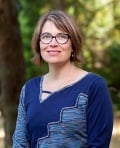
Amanda Bates
Biology Department, University of Victoria
Victoria, BC, Canada
Amanda Bates is a Professor at the University of Victoria, an Impact Chair in Ocean Ecosystem Change and Conservation, and a Pew Marine Fellow. She held previous faculty positions at the University of Southampton in the UK (2013-2017), and Memorial University of Newfoundland (2018-2021) where she was a Canada Research Chair in Marine Ecophysiology. Her research spans several disciplines from physiology and community ecology, taking a global perspective. This perspective is informed from field work in Antarctica, Canada, New Zealand, Australia and the UK, ranging from the intertidal zone to the deep sea hydrothermal vents. Amanda enjoys participating in collaborative multi-national, multi-dimensional working groups and projects. She brings this perspective to highlight challenges and ways forwards to better predict and mitigate marine biodiversity change.
E-mail: [email protected]
Richard Field
School of Geography, University of Nottingham
University Park, Nottingham, NG7 2RD, United Kingdom
Phone: +44 115 846 6146
E-mail: [email protected]
Senior Editors
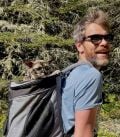
Adam Algar
Department of Biology, Lakehead University
Thunder Bay, ON, Canada
Adam Algar is an Associate Professor in the Department of Biology at Lakehead University in Thunder Bay, Ontario, Canada. He previously held a faculty position at the University of Nottingham from 2011-2021. Dr. Algar's research aims to understand how organisms' physiology, behaviour and ecology scale up to generate broad-scale general ecological patterns through space and time, with particular emphasis on limits to species' distributions. His work integrates approaches from physiological and functional ecology with macroecological and macroevolutionary modelling. His work spans a range of systems, including tropical lizards, boreal amphibians and vector-borne disease.
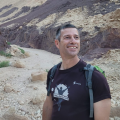
Jonathan Belmaker
School of Zoology, Faculty of Life Sciences and The Steinhardt Museum of Natural History, Tel Aviv University
Tel Aviv, Israel
Jonathan (Yoni) Belmaker is a Professor in the School of Zoology and the Steinhardt Museum of Natural History, Tel Aviv University. His research interests are diverse and include community ecology, biogeography and macroecology. He is specifically interested in understanding how patterns of biodiversity and the underlying processes vary across geographical and environmental gradients and across scales. He uses a multi-directional approach that brings together experimental manipulations, large scale observations and computer modeling to examine these questions. He focuses on the marine realm, but also studies other systems.

Huijie Qiao
Institute of Zoology, Chinese Academy of Sciences
China
Huijie Qiao is a researcher at the Institute of Zoology, Chinese Academy of Sciences. His work broadly explores macroecology, with a particular focus on clarifying the theoretical and methodological foundations of ecological niche modeling (species distribution modeling). He has also developed a simulation framework aimed at understanding the causal mechanisms that shape biodiversity across both long- and short-term scales. This framework, implemented in multiple programming languages, utilizes virtual and realistic climate change scenarios alongside geographic landscapes and virtual species data to test hypotheses about how factors such as niche breadth, dispersal ability, evolutionary strategies, and climate influence biodiversity patterns. Additionally, he has contributed to the collection, sharing, and analysis of biodiversity data, as well as to research on biodiversity conservation issues derived from these datasets.

Catherine Sheard
School of Biological Sciences, University of Aberdeen
Aberdeen, United Kingdom
Catherine Sheard is an Interdisciplinary Fellow / Lecturer at the University of Aberdeen. Her research combines methods from macroecology and macroevolution to study biodiversity change from a global perspective, with particular attention to the role of behavioural traits in structuring broad evolutionary processes. Her work primarily focuses on birds and mammals, but with an additional longstanding interest in translating models of biological evolution to examine macro-scale patterns in the diversity of human language and culture.

Bonnie Waring
Department of Life Sciences, Imperial College London,
London, United Kingdom
Bonnie Waring is a Reader in the Department of Life Sciences at Imperial College London. Previously, she was an Assistant Professor at Utah State University (2016-2020). She is an ecosystems ecologist and biogeochemist, with field experience in Central America, the desert Southwest (USA), and the Arctic. Her research focuses on understanding carbon-climate feedbacks in land ecosystems, and on the efficacy of natural climate solutions to facilitate carbon sequestration in plant biomass and in soils. This work involves large-scale ecosystem experiments, meta-analysis, and the development of biogeochemical models.
Associate Editors
Laura Antão, University of Helsinki, Finland
Volker Bahn, Wright State University, USA
Diego Barneche, Australian Institute of Marine Science, Australia
Andrés Baselga, Universidad de Santiago de Compostela, Spain
Anne Bjorkman, University of Gothenburg, Sweden
Shane Blowes, iDiv Biodiversity Institute, Germany
Timothy Bonebrake, University of Hong Kong, Hong Kong
Juan Carvajal-Quintero, Department of Biology, Dalhousie University, Canada
Jonathan Davies, Departments of Botany, Forest & Conservation Sciences, The University of British Columbia, Canada
Brian Enquist, University of Arizona, USA
Erica Fleishman, Oregon State University, USA
Luke Frishkoff, The University of Texas at Arlington Biology Arlington, USA
Jacquelyn Gill, University of Maine, USA
Thomas Gillespie, University of California at Los Angeles, USA
John-Arvid Grytnes, University of Bergen, Norway
Antoine Guisan, University of Lausanne, Switzerland
Arndt Hampe, BIOGECO, INRAE, Cestas, France
Kevin Healy, University of Galway, Ireland
Petr Keil, Czech University of Life Sciences, Czech Republic
Sally A. Keith, Lancaster University, UK
Stephanie Kivlin, University of Tennessee, Knoxville, USA
Jonathan Lenoir, Université de Picardie Jules Verne, Amiens, France
Fabien Leprieur, Université de Montpellier, France
Guopeng Liang, Yale University, USA
Kate Lyons, University of Nebraska, Lincoln, USA
Ines Martins, University of York, UK
Margaret Mayfield, University of Melbourne, Australia
Maina Mbui, Macquaire University, Australia
Brian McGill, University of Maine, USA
Mike McWilliam, University of St Andrews, UK
Shai Meiri, Tel-Aviv University, Israel
Carsten Meyer, German Centre for Integrative Biodiversity Research, Germany
Patricia Morellato, São Paulo State University, Brazil
Naia Morueta-Holme, University of Copenhagen, Denmark
Sandra Nogue, University of Southampton, UK
Rachael Nolan, Hawkesbury Institute for the Environment, Western Sydney University, Australia
Renske Onstein, German Centre for Integrative Biodiversity Research, Germany
Alejandro Ordonez Gloria, University of Aarhus, Denmark
Alex Pigot, University College London, UK
Catalina Pimiento Hernandez, University of Swansea, UK
Jason Pither, The University of British Columbia, Canada
Andrew Rominger, University of Hawaii, USA
Brody Sandel, Department of Bioscience, Aarhus University, Denmark
Franziska Schrodt, Max Planck Institute for Biogeochemistry, Germany
Thiago Silva, Stirling University, UK
Irena Šímová, Charles University, Prague
Janne Soininen, University of Helsinki, Finland
Manuel Steinbauer, University of Bayreuth, Germany
Adam Tomasovych, Slovak Academy of Sciences, Slovakia
Wubing Xu, Institute of Botany Chinese Academy of Sciences, China
Xiaofeng Xu, Biology Department, San Diego State University, USA
Moriaki Yasuhara, University of Hong Kong, Hong Kong
Phoebe Zarnetskie, Michigan State University, USA




